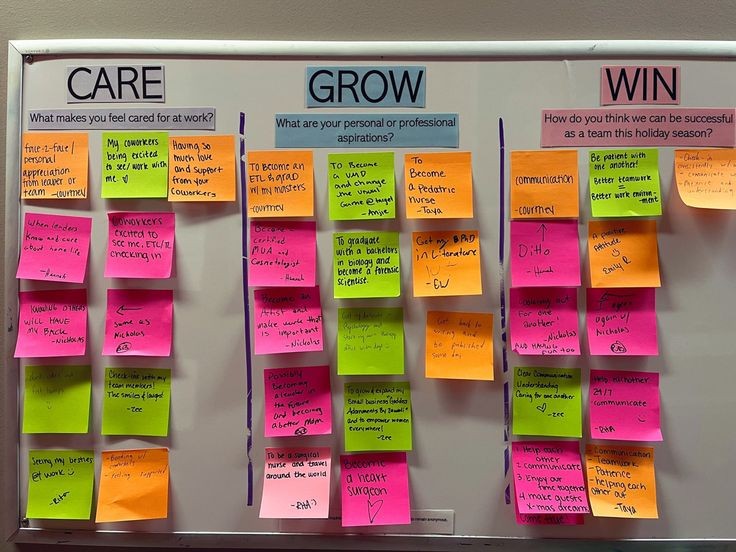"The Prophet" by Kahlil Gibran is a timeless masterpiece that has captured the hearts and minds of millions of readers worldwide since its publication in 1923. The book is a collection of 26 poetic essays, each one focusing on a particular aspect of life and offering the reader a profound insight into the human condition.
The book begins with the prophet Almustafa, who has been living in the city of Orphalese for 12 years, preparing to return to his homeland. As he is about to leave, the people of Orphalese gather around him and ask him to share his wisdom before he goes. What follows is a series of poetic essays, each one addressing a particular aspect of life, such as love, marriage, children, work, and death.
One of the most striking things about "The Prophet" is its simple yet profound language. Gibran's prose is deceptively simple, yet it is filled with wisdom and insight that is both universal and timeless. His writing style is poetic and lyrical, making it a pleasure to read and easy to remember.
One of the central themes of the book is the idea that life is a journey, and that we must embrace both the joys and the sorrows that come with it. In the chapter on joy and sorrow, Almustafa says, "Your joy is your sorrow unmasked. And the selfsame well from which your laughter rises was oftentimes filled with your tears."
Another important theme of the book is the idea that love is the foundation of all relationships. In the chapter on love, Almustafa says, "Love gives naught but itself and takes naught but from itself. Love possesses not nor would it be possessed; for love is sufficient unto love."
Throughout the book, Gibran also explores the nature of work, marriage, children, and death, offering his unique perspective on these universal themes. His insights are both profound and practical, making the book a valuable resource for anyone seeking to live a more fulfilling life.
Overall, "The Prophet" is a timeless classic that has touched the hearts and minds of readers for almost a century. Gibran's poetic language, universal themes, and profound insights make it a must-read for anyone seeking to deepen their understanding of the human condition. It is a book that will stay with you long after you have turned the final page, and one that you will return to time and time again for inspiration and guidance.
About the author:
Kahlil Gibran was a Lebanese-American writer, poet, and artist born in 1883 in the town of Bsharri, Lebanon. He immigrated to the United States with his family in 1895 and settled in Boston, where he received his education. Gibran is best known for his book "The Prophet," which has been translated into over 40 languages and has sold millions of copies worldwide.
Gibran was a prolific writer and artist, and his work often explored themes of love, spirituality, and the human condition. In addition to "The Prophet," he wrote many other books, including "The Madman," "The Broken Wings," and "Sand and Foam." He also produced numerous paintings and drawings, many of which were exhibited in galleries throughout the United States.
Throughout his life, Gibran was deeply committed to promoting peace and understanding between different cultures and religions. He was a member of the Pen League, a group of Arab-American writers who sought to promote the cultural and intellectual heritage of their homeland. He also served as the head of the Syrian-American Progressive Society, which advocated for the rights of Syrian and Lebanese immigrants in the United States.
Despite his success as a writer and artist, Gibran remained humble and devoted to his spiritual and artistic pursuits until his death in 1931. His legacy continues to inspire people around the world, and his works remain an enduring testament to his wisdom, insight, and creativity.
You can further read the review of the books on Goodreads : https://www.goodreads.com/book/show/2547.The_Prophet
You can also purchase this book from Amazon: Buy Now


.jpeg)















